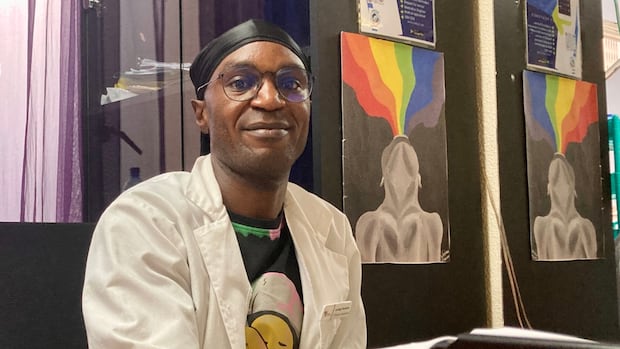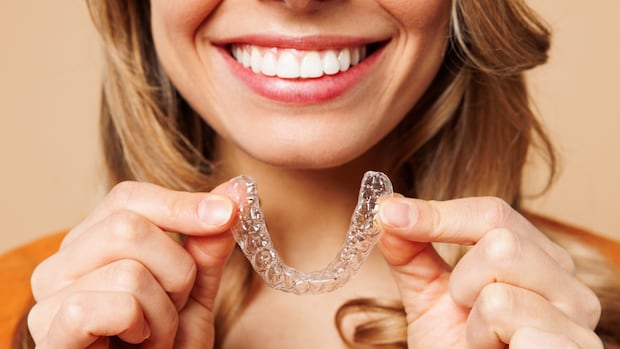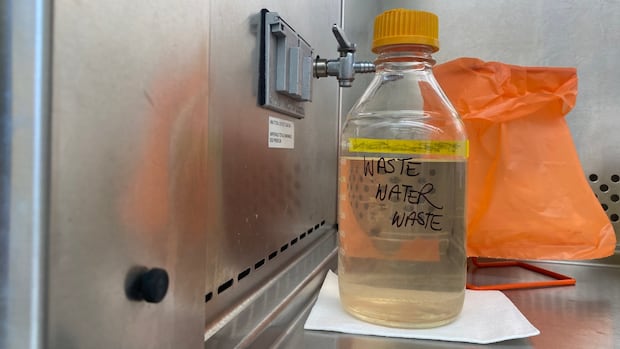The IWK Foundation has launched a survey in the hopes of better understanding women’s health experiences in the Maritime provinces and to address the disparity in health outcomes between men and women.
The foundation is a not-for-profit organization that raises funds to support IWK Health, a major hospital in Halifax that provides care to women, youth and children from Nova Scotia, New Brunswick and Prince Edward Island.
Jennifer Gillivan, president and CEO of the foundation, said the online survey invites women ages 18 and up to share their perspectives about their overall health experiences, challenges and outcomes. It also asks questions about their health in different stages of their life.
“Part of our mandate is to educate and advocate for women. And so we realized — we need to hear from women. We need women’s voices,” said Gillivan in an interview on Thursday.
The IWK Foundation wants to better understand women’s health experiences in the Maritimes, and hopefully help close some of the gender gaps compared to the attention and care men get. It’s looking for some Prince Edward Island women to take part in a survey. Jennifer Gillivan, the foundation’s president and CEO, talks with CBC’s Louise Martin.
“I mean, you go out to eat with your girlfriends or your family and you start talking about experiences in health, and they don’t stop talking. So we thought this is a phenomenal way to kind of collect all that data and then understand where the pressure points are.”
The survey is anonymous. It includes questions like: “What positively or negatively impacts your overall physical health the most?” There is also a full page dedicated to sharing in detail “the good, bad or ugly” of one’s health-care story.
The results, which will be reviewed by a team of researchers, will help inform where women need more support and where there are gaps in the system, said Gillivan.
This could include gaps in education and awareness or access to tools and information. But most importantly, it seeks to fundamentally change how women’s health is understood, prioritized and delivered in a country where women spend 25 per cent more time in poor health than men, said Gillivan.
“There needs to be a real push on women’s research, because research informs care. It changes everything. And we need better training for doctors on women’s health,” she said.
Gillivan said women’s health has been historically under-researched and underfunded, with just seven per cent of total national research funding allocated to it, despite women making up 50 per cent of the population.
She said the findings of the report will inform the IWK’s own practices and operations, but will also be shared with anyone else who wants it, including governments, health authorities and other non-profits across Canada.
It will also help guide efforts to educate the wider community that women’s bodies are fundamentally different than men’s, and their health care needs to be prioritized and researched, she said.

Maggie Archibald is a patient advocate based in Halifax who has struggled with chronic pain for 18 years due to endometriosis that was only officially diagnosed two years ago.
She said she often felt dismissed by the health-care system.
“You symptoms are often not believed and women often have to fight harder to get help,” said Archibald. “I’m really excited to see the results and what comes out of this and hopefully we can have some real change.”
The foundation expects to share the results publicly on Oct. 1.
Click here to take the IWK Foundation’s survey.






